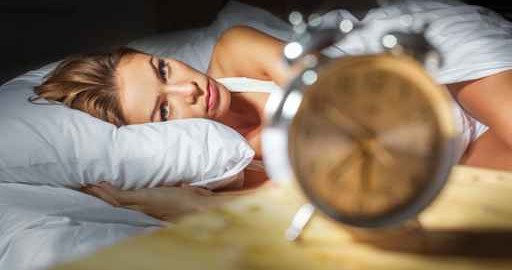Using Traditional Chinese Medicine for Insomnia
Lack of sleep causes physical and psychological problems, from headaches and muscle aches to fatigue and irritability. Most doctors even believe that chronic insomnia puts extra stress on the heart and brings on the symptoms of fibromyalgia. If you have difficulty falling asleep or staying asleep at night, acupuncture may help relieve your insomnia and help you get the rest you need.
Insomnia as a Symptom
TCM practitioners see diseases and symptoms as roots and branches. The root of a disease is a dysfunction or imbalance in the major organ systems or the fundamental substances:
- Jing
- Blood
- Yin
- Yang
- Qi
- Spirit
In people suffering from insomnia, it is common for the heart, liver, and lungs to be out of balance. When these organs are out of balance, the spirit wanders, causing the imbalance to manifest as a disease. Although TCM is a very complex medical system it is rooted in Taoism, so there is a spiritual consciousness built into TCM theory. Insomnia is one of the most common symptoms of a wandering spirit.
Acupuncture for Insomnia
When treating insomnia, practitioners usually combine acupuncture and Chinese herbal formulas for the fastest, most effective results. Because everyone experiences a different pattern of symptoms, TCM practitioners do not use the same acupuncture points or herbal formulas for every patient. For example, an elderly person who has trouble sleeping may be manifesting a heart/kidney imbalance, while a student burned out on studying might have a spleen/heart imbalance.
When I analyze a patient’s sleeping problem, I narrow down the possibilities by looking for symptoms characteristic of a particular pattern. People with the Liver Fire pattern get angry easily, and they usually have the following heat signs: dark yellow urine, redness of the face and dry bowel movements.
People with spleen/heart deficiencies tend to be forgetful, have poor concentration, and feel very fatigued. They spend a lot of time worrying about things. Someone with a kidney/heart imbalance might have ringing in the ears (tinnitus), heart palpitations, lower back weakness, lightheadedness, and easy flushing. During an evaluation, I also examine the tongue and check the patient’s pulse to determine which pattern is dominant.
Scientific Evidence Supporting Acupuncture for Insomnia
In 2004, researchers tested the effects of acupuncture on 18 patients who complained of anxiety and insomnia. After five weeks of acupuncture treatments, the participants had less anxiety and higher nighttime melatonin levels. They also experienced fewer sleep disruptions and slept longer each night. The results of this study appeared in the Journal of Neuropsychiatry & Clinical Neurosciences.
Another study found a link between acupuncture and sleep quality in adults with HIV. Study participants were HIV-positive adults between the ages of 29 and 50. All participants had sleep disturbances at least three times per week. After five weeks of acupuncture treatments, the participants experienced significant improvements in sleep quality. The study appeared in a 2001 issue of Journal of the Association of Nurses in AIDS Care.
Benefits of Acupuncture
Acupuncture is a safe, effective way to treat insomnia and other symptoms. Many patients who receive acupuncture for migraines, depression, and back pain notice their sleeping improves, even if they never considered insomnia to be a problem. Many patients report experience improved sleep after they start acupuncture treatments.
Unlike medications, acupuncture is virtually free of side effects, works well for a variety of health problems, and is safe for most patients. Scientific research shows that acupuncture has a positive effect on the body’s nervous system, promotes natural sleeping patterns, and does not cause the grogginess associated with most sleeping pills. If you currently suffer from insomnia, it is worth trying acupuncture before you turn to medications.


